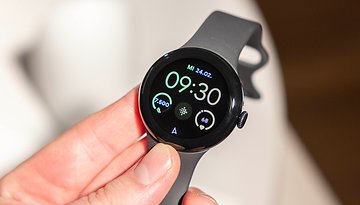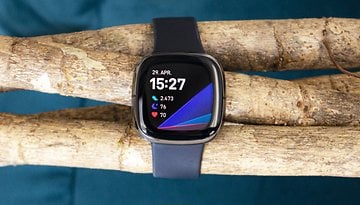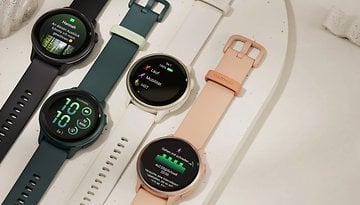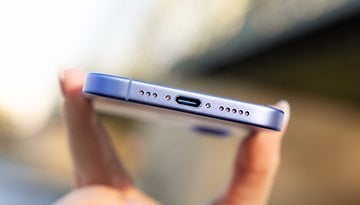AI May Enable Continuous AFib Detection in the Galaxy Watch 7
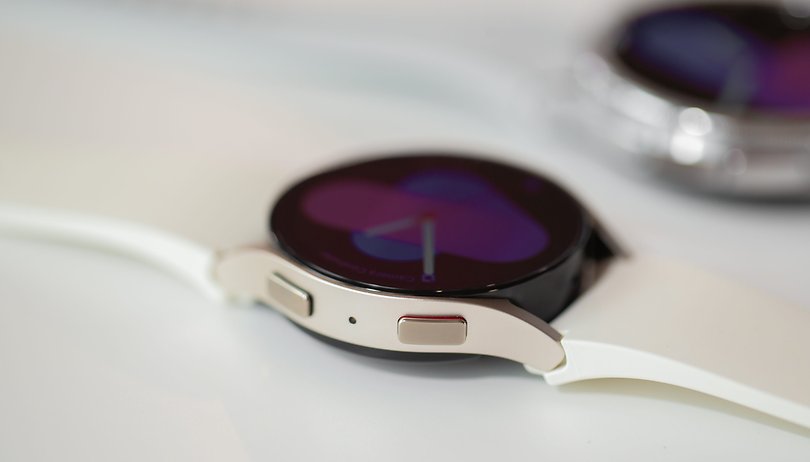

Samsung's Galaxy smartwatches are touted for their extensive health tracking abilities like blood pressure level monitoring and ECG. The upcoming Galaxy Watch 7 is speculated to feature continuous AFib (atrial fibrillation) detection that could enhance detection of serious heart disorders.
Presently, the Galaxy Watch 6 (review) comes with an ECG (electrocardiogram) that provides in-depth insights about the heart rate. These measurements are used to spot-check potential heart disorders, such as atrial fibrillation or abnormal heart rhythms between the heart chambers.
However, it has a major disadvantage of being an on-demand functionality, contrasting with the continuous heart rate monitoring through PPG (photoplethysmography).
Which smartwatches have continuous AFib detection
The use of continuous AFib monitoring is not actually new in smartwatches. Apple, for instance, incorporates this feature in Watch Series and Watch Ultra, although it is recommended only to be enabled for users previously diagnosed with AFib by medical professionals.
Fitbit, which was acquired by Google, is another major wearable brand that offers continuous AFib detection in its smartwatches and trackers. In 2022, the company received an approval for the use of its new PPG algorithm that allows the feature in its compatible devices.
Will the Samsung Galaxy Watch 7 feature continuous AFib detection?
And now, Samsung appears it could bring a similar feature in its next-gen Galaxy Watch, potentially tapping “generative AI model” to improve the technology.
Based on the recent patent application published by the US Patent and Trademark Office and discovered by Wearable, Samsung is working on a continuous AFib tracking feature in smartwatches.
The documentation details Samsung's approach by converting heart rate readings captured from PPG sensors into ECG readings that will subsequently give continuous monitoring for signs of AFib. However, the Koreans acknowledge the possibility of false positives, which why it is incorporating the AI model to read and translate these signals.
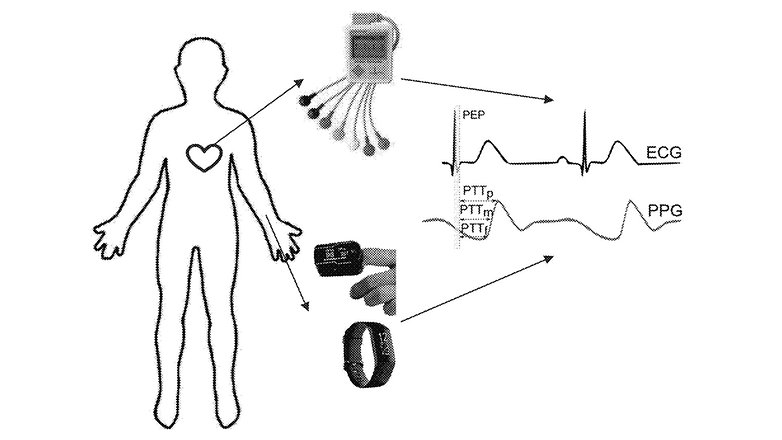
At the same time, the smartwatch will likely require users to verify any AFib readings from PPG using ECG similar to how the feature works in Fitbit and Apple's smartwatches.
It's unclear how Samsung is close to launching the feature, though. Essentially, Samsung needs regulatory approval before it could deploy continuous AFib in its wearables. Nonetheless, the timing of the patent suggests it might debut in the Galaxy Watch 7, which is expected to be announced in July, and could be added to previous Galaxy Watch models through an update.
Do you think the addition of continuous AFib detection makes the Galaxy Watch 7 more exciting? What other features would you wish to see? Please let us know in the comment section.








